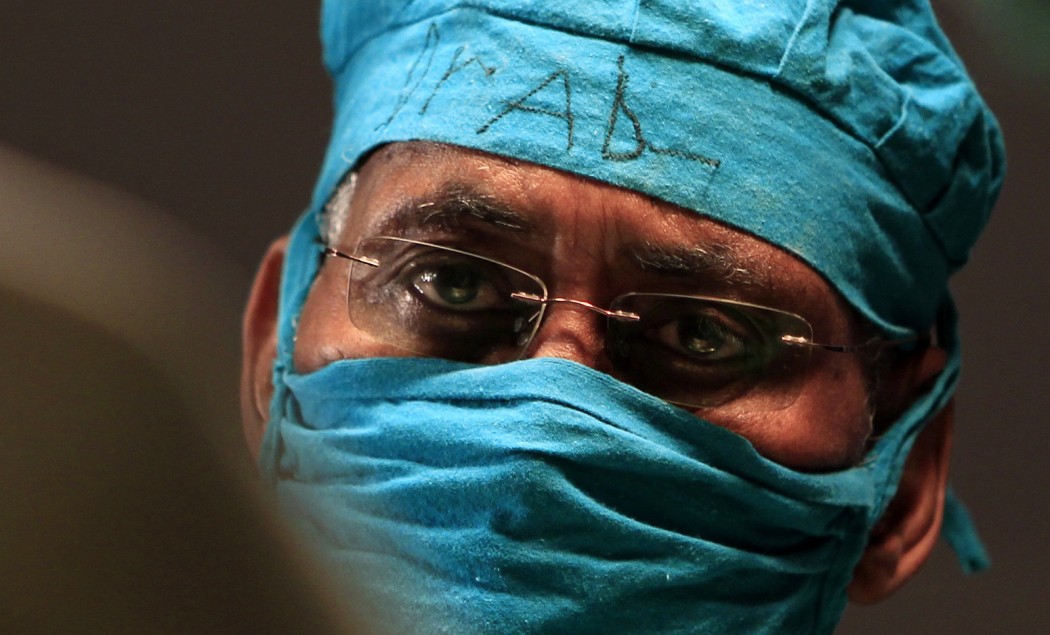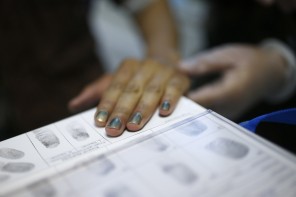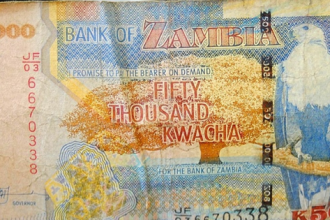Recently, I went to Galkayo, Somalia, with the inimitable Idil Abshir, also a Nairobi-based journalist, to meet two people who are trying to end FGM. They’re not doing the international-development-world thing of “raising awareness.” They’re contending, day after day, with the single most powerful force in keeping FGM alive: social taboos.
No one in Galkayo, I was told, talks about sex. Men don’t talk to boys; women don’t talk to girls. No auntie sits a bride-to-be down and warns her about what will happen the night of the ceremony. But there are still powerful expectations about what a man is supposed to accomplish in the marital bed — expectations that, it turns out, underpin FGM in the first place.
Dr. Abdul and Mama Hawa are tackling this problem in two different, necessary ways. Dr. Abdul performs FGM “reversals,” which is a bit too optimistic a word for what he’s able to do. He can’t reconstruct what’s gone missing, but he can relieve scar tissue to give a woman — and her husband — a normal sex life. He can remove cysts and other scars. And he can repair fistula, a medical condition that usually leaves women totally abandoned.
Mama Hawa can talk — to everyone. She’s brazen, even fearless. She runs what amounts to an education empire — free school for girls, all the way through secondary, and then vocational training. Her female tailors are the bread-winners in their families. And through it all, she builds in conversations about women’s rights, encouraging every young woman she helps to value herself and her independence. In meeting with some of her former students, I learned: It really works.
Meet these two incredible people, and learn about a side of FGM we never talk about.



